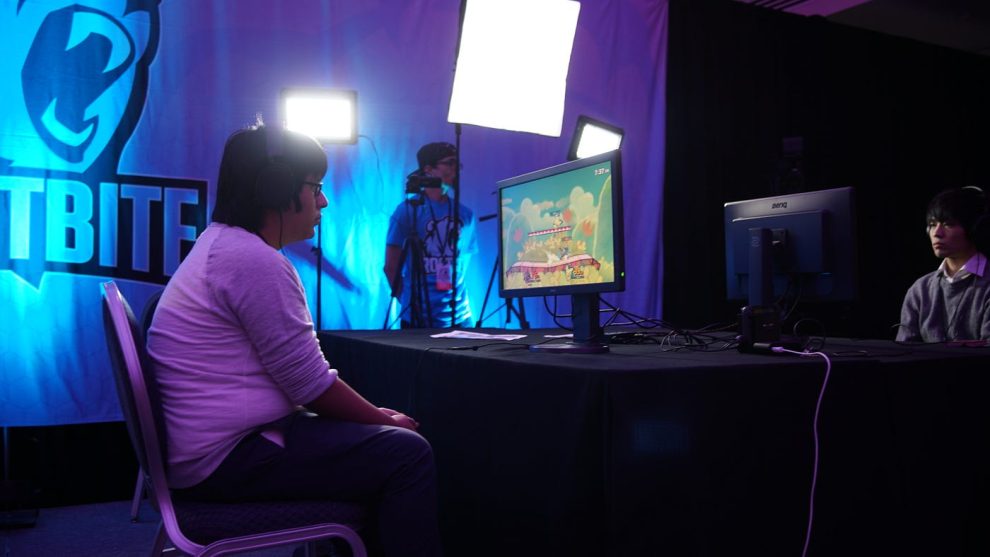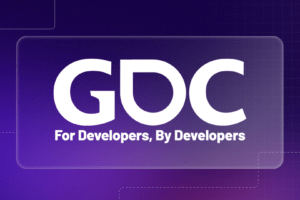The pixelated worlds of video games sparkle with vibrant life, but behind the scenes, a dark reality often lurks: crunch culture. This pervasive issue sees game developers pushed to their limits, working grueling hours under intense pressure to meet tight deadlines. While crunch might seem like a badge of honor in some corners of the industry, the human cost is undeniable. Let’s delve into the shadows of crunch culture and illuminate its harsh consequences:
Burnout and Exhaustion
Months, sometimes years, of relentlessly long hours take their toll. Developers suffer from physical and mental exhaustion, impacting their sleep, health, and relationships. The constant stress and adrenaline can lead to burnout, disengaging them from their passion and ultimately driving them out of the industry.
Negative Impact on Creativity
Exhaustion stifles creativity and innovation. When constantly battling deadlines, developers have little time to experiment, take risks, or pursue original ideas. This hinders the potential for truly groundbreaking games and homogenizes the landscape.
Exploitation and Unfair Compensation
Crunch culture often revolves around unpaid overtime, blurring the lines between passion and exploitation. Young and eager developers, particularly in junior positions, might feel pressured to conform to this unspoken expectation, sacrificing their well-being for perceived career advancement.
Impact on Personal Lives
Sacrificing personal time and neglecting loved ones are inevitable consequences of crunch. Relationships suffer, hobbies are abandoned, and overall well-being plummets. This creates a ripple effect, impacting families, communities, and the mental health of the individuals involved.
Breaking the Cycle
Fortunately, the tides are turning. Developers are speaking out, demanding better working conditions and sustainable practices. Studios are increasingly recognizing the dangers of crunch and exploring alternative approaches. Unions are forming, providing collective bargaining power and a voice for those seeking change.
The road to a healthy game development environment is long, but every step forward matters. By raising awareness, encouraging open dialogue, and implementing practical solutions like fair compensation, reasonable deadlines, and flexible work arrangements, we can move towards a future where games are crafted with passion, not fueled by exploitation.
Remember, the vibrant worlds we experience on our screens are built by real people with real needs. Let’s ensure that their creativity isn’t overshadowed by the darkness of crunch culture, but instead flourishes within a sustainable and respectful environment.
What Exactly is Crunch Culture?
Crunch culture refers to extended periods of mandatory overtime in the final stages of video game development. As release dates loom closer, pressure mounts to get the game ready for launch. This often results in weeks or even months of excessive work hours, frequently unpaid.
While a moderate amount of overtime may be unavoidable, crunch culture normalizes extreme overtime as an intrinsic part of the game development process. Some view it as a rite of passage or necessary sacrifice. However, when crunch becomes the status quo rather than the exception, its damaging effects intensify.
The Human Cost Behind Your Favorite Games
That highly anticipated blockbuster game releasing this holiday season likely involved substantial crunch to meet the deadline. The developers working 80+ hour weeks have names, families, dreams, and limits – limits that are profoundly strained by crunch culture’s relentless demands.
The passion that drives many developers can be a double-edged sword. While it generates remarkable creativity, it also leads some to voluntarily overwork in hopes of meeting lofty expectations. This passion fuels self-exploitation, with profound personal consequences.
Crunch Culture Encourages Excessive Overtime
Studios developing franchise games and sequels face particular pressure, as past successes lead to soaring sales expectations and rigid deadlines. The scale and complexity of modern blockbuster games also encourage excessive overtime just to complete core features.
In environments where crunch is the norm, developers may hesitate to voice concerns or set reasonable boundaries, worried about how this will impact their careers. Younger staff aiming to progress in the industry are especially vulnerable to exploitation and burnout.
The Ripple Effects of Burnout in the Industry
Unsurprisingly, burnout and stress are widespread in game development circles. Talented developers are leaving the industry entirely due to untenable working conditions. Those remaining grow increasingly disenchanted and cynical about their work.
This exodus of experienced developers can damage creativity and innovation in the field. Younger replacement staff face being thrust into the crunch culture meat grinder earlier in their careers. The cycle continues unchecked.
Collective Action Rising Against Exploitative Practices
Thankfully employees are finding their voice and demanding better treatment. There is growing momentum towards unionization to check exploitative labor practices. Big players like Activision Blizzard face mounting criticism and calls for structured change.
Smaller independent studios are also beginning to promote ethical development processes where possible. There are even pushes towards including crunch policy guarantees in contracts with publishers and platform holders.
Signs of Changing Attitudes in Some Studios
Major industry players are acknowledging the need to address excessive crunch. Some studios like Epic and Rockstar have pledged efforts to ease extreme overtime and support better work-life balance for staff. Only time will tell if genuine culture shifts occur.
Unfortunately, releases like Cyberpunk 2077 show that crunch still remains deeply ingrained in many studios. However, developers speaking out demonstrates that tolerance is diminishing for treating extreme hours as an unavoidable inevitability.
Evolving Development Practices to Combat Crunch
Technical evolutions in game engines and tools give studios greater ability to scope projects sustainably without overburdening staff. Cloud computing also offers studios more flexibility to scale resources to demands.
Agile development methodologies help teams focus on achievable deliverables rather than unwieldy multi-year roadmaps prone to uncontrolled feature creep. Such evolutions, alongside deliberate culture change, can improve project planning and scheduling.
Putting People Before Profits
Lives are at stake in this issue; careers cut short and dreams destroyed. Modern society increasingly recognizes mental and emotional health as a human right in any workplace. Game development should be no exception.
Unions would allow developers collective bargaining powers for guaranteed protections against exploitative practices. Employees embracing activism and demanding dignity demonstrate crunch ultimately hurts profits.
Prioritizing sustainable passion must prevail over destructive desperation. Ethical leadership and employee solidarity can spark positive culture shifts. The time for change is now.
















Add Comment